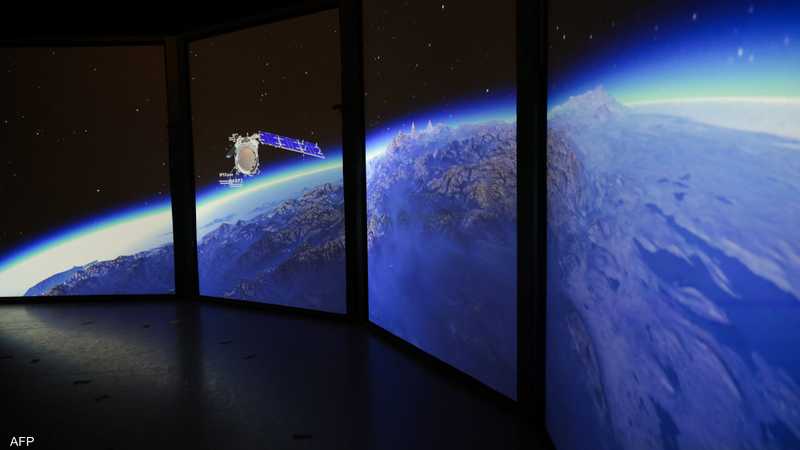The Reflect Orbital Project Sparks Global Controversy Between Innovation and Environmental Threat

A new American project has raised a wave of concern among astronomers and environmentalists around the world, after a California startup called Reflect Orbital announced plans to launch a constellation of satellites designed to reflect sunlight towards Earth after sunset, to provide what the company describes as "sunlight on demand".
Project Idea and Mechanism
According to the company, the satellites will use massive mirrors to reflect sunlight towards solar farms, providing an additional source of clean energy during nighttime.
The company's founder, Ben Nowak, said in a video posted on the "X" platform:
> "We want to provide sunlight even after it sets, using simple and effective technology".
Experimental Start and Expansion Plan
The plan begins with the launch of an experimental satellite named Earendil-1, measuring 18 meters in diameter, in 2026, paving the way for the deployment of about 4,000 satellites by 2030.
The reflective mirrors of these satellites will measure 54 meters in width and will orbit at an altitude of 625 kilometers above the Earth's surface, aiming to generate about 20% of midday sunlight (approximately 200 W/m²) to power solar panels after sunset.
Warnings from Scientists and Environmental Concerns
Astronomers have warned that the project could lead to massive artificial light pollution, disrupting the work of astronomical observatories and distorting the natural view of the sky.
A specialized analysis clarified that the light from a single artificial moon would be 15,000 times weaker than midday sunlight, but it would still be brighter than a full moon, making its appearance noticeable to the naked eye.
An experimental trial using a balloon and small mirrors also indicated that to replicate the experiment from orbit, the required mirror would need to be 42 square kilometers in size, making the project technically challenging.
Debate Between Innovation and Environment
Some experts describe the project as an ambitious innovation that promotes clean energy, but conversely, it poses a threat to the night sky and opens the door to irresponsible exploitation of space.
A prominent astronomer stated in a statement for the "DarkSky International" group:
"We do not want a sky lit up by advertisements or artificial reflectors... we want to preserve the natural darkness that has characterized Earth's night for millions of years".